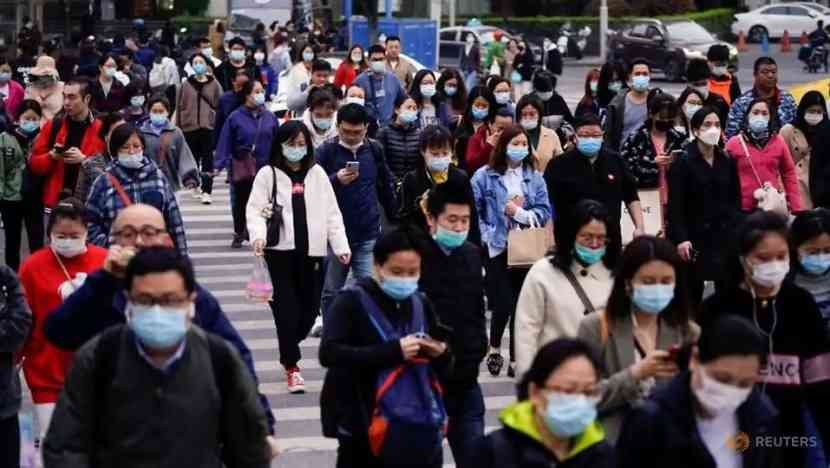
A data analysis of civil service recruitment adverts found thousands more posts are earmarked exclusively for men
Campaigners warn that even ‘women-only’ posts often come with a catch because they are matched by an equal number of ‘men-only’ jobs
Men have a significant advantage over women when applying for Chinese government jobs, according to new research.
A data analysis by the Inspection Squad for Workplace Gender Discrimination looked at the annual recruitment drive for the national civil service and found more government positions were reserved for men than for women.
The report, first published earlier this month, looked into the job requirements for all government positions advertised in October, a month before the annual civil service exam all candidates must pass if they want a permanent government job.
The team found that of the nearly 40,000 jobs being advertised many specified that they were “men-only” or “women-only” jobs – but there were 10,981 jobs earmarked for men compared with only 7,550 for women.
The difference between the two sexes of 3,431 equates to nearly 8.7 per cent of all the jobs being advertised.
A further analysis of the data found that gender discrimination is worst in the provincial bureaus of central government agencies, such as the Ministry of Railways or the People’s Bank of China, where more than 40 per cent of the positions have gender preferences.
- Chamisa under fire over US$120K donation
- Mavhunga puts DeMbare into Chibuku quarterfinals
- Pension funds bet on Cabora Bassa oilfields
- Councils defy govt fire tender directive
Keep Reading
Are rural China’s women on the brink of ‘no land, no money, no house’?
Tens of millions of women in rural China do not have their names on land contracts, putting them in a vulnerable position that can set up a struggle to obtain economic independence and social security. Photo: AFP
Among all the positions, only the revenue service, customs and census and statistics agencies have an even gender split, with the others all hiring more men than women.
“Those who do not take part in the exam or do not sign up for particular positions may not realise the obvious gender restrictions in the exam,” said the report’s author, who uses the alias Wang Lin. “We wanted to give an objective description of the situation.”
Wang is part of a group of volunteers who have been trying to improve workplace gender equality in the past nine years, filing complaints to government departments and using social media to publicise examples of discrimination.
A record 2.83 million applicants applied to sit the exam this year amid the country’s sluggish economic recovery, topping the 2.5 million that signed up in 2022.
The Post looked into the requirements for this year’s applications on the government’s website, and found that many “remarks” listed under the postings include additional job requirements that are not found in the official job description.
Some of these requirements state that the jobs are for fresh college graduates or for people with particular skill sets, but many others state the jobs are “men only” or “women only”.
But Wang warned there was an additional catch for the “women-only” jobs. These were often listed alongside an equal number of “men-only” posts, indicating the government department in question was only trying to ensure it recruited the same number of men and women.
“But for many more positions marked ‘men-only’, women really had no way to apply,” she said.
There is also a dearth of women occupying senior positions at the top levels of Chinese politics. Last year’s Communist Party congress finished with the first all-male Politburo in 20 years.
The United Nations Committee on the Elimination of Discrimination against Women said in a report in May that the absence of women among China’s top leadership was concerning.
China’s Labour Law says employers cannot discriminate based on race, ethnicity, gender or religious belief – but the Chinese government is often accused of failing to uphold the law and provide remedies for victims of discrimination.







